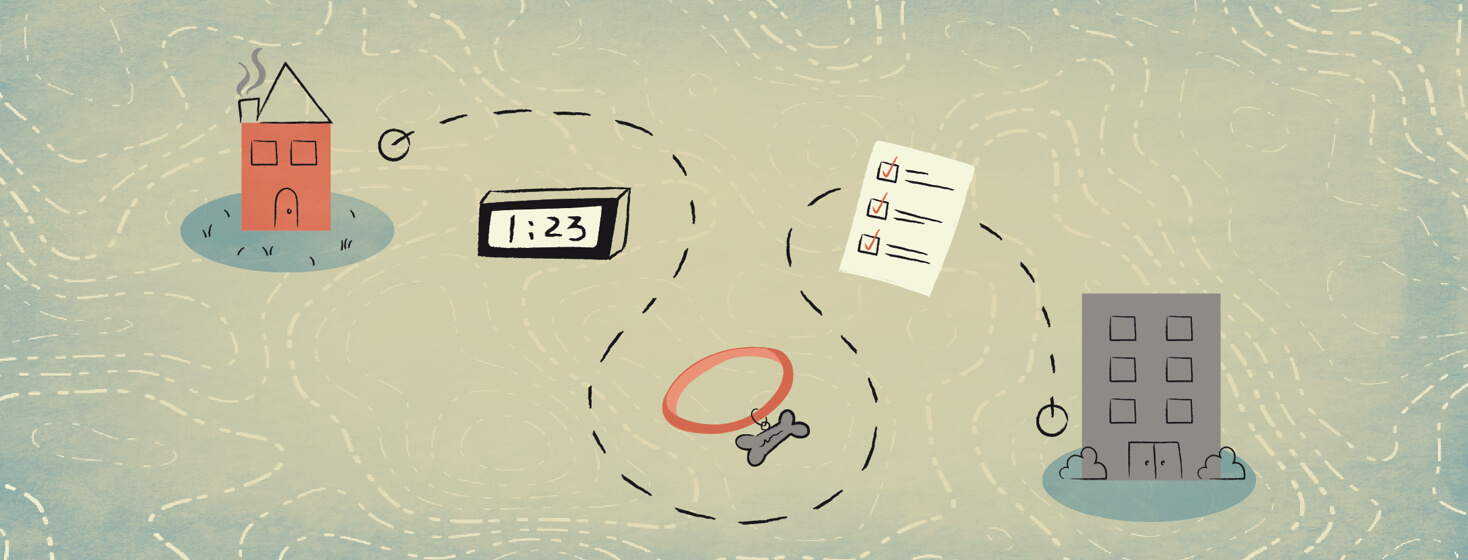Returning to Work Full Time With Insomnia After a Year at Home
Last week, I begin transitioning back to my full-time office schedule. I will still have days I work at home through May, but this is to prepare me for a 5-day, in-office work week starting in June.
There is still a lot of anxiety surrounding returning to work and many unknowns. My insomnia has been my greatest anxiety.
Working from home with insomnia
My insomnia didn't magically disappear when I was sent home to work last year, but it didn't have the same impact on my work performance. On the nights I was able to fall asleep, I didn't have to worry about oversleeping, and I was able to sleep a little longer because I didn't need to get up an hour and a half before I needed to be at work.
On the nights I knew sleep wasn't happening, I had the opportunity to jump-start my work for the next day. It also allowed me to get an early start on projects assigned to me. Because of this, my days were not so exhausting. I was able to identify issues in enough time to address them with my coworkers first thing in the morning instead of discovering them in the middle of the day.
Stressful transition to pre-pandemic life
I know most of us are experiencing stress one way or another about returning to our pre-pandemic work life. My anxiety isn't related to COVID-19 itself, but I am worried about readjustment to my pre-pandemic life with insomnia.
I usually have to be at work by 7:30 AM, but for now, this has changed to 8:00. As an anxious person, I am worried about being late so much I will no longer be considered a dependable employee. My boss and I discussed the barriers everyone will face in one way or another returning to work.
We have all worked from home for almost 15 months at this point. Thankfully, I work under someone who is understanding and recognizes this will be a transition. This makes me feel tremendously better, but as someone who worries about pretty much everything, I am still working on a plan to get my body reacclimated as quickly as possible.
Making my return-to-work plan
Spring has arrived in Tennessee, and it is a beautiful time of year. One plan I have is to wake up on the days I am still working from home and on weekends to take my dog, Winston, for a long walk. This will get us both up and moving.
The goal of this is to get me moving in the morning, so I am used to getting up without going back to bed, which I have been guilty of in the past, especially after a rough, sleepless night. I also plan to do what I did in elementary school. I will choose what I plan to wear the night before, pack my lunch, and pack my work bag. This will help on those mornings I do unintentionally oversleep.
Additional strategies reduce the impact of my transition
To ease back into a busy office and out of my quiet bedroom, I have found new ways to organize. I will use my email calendar and create daily, weekly, and monthly to-do lists so I am prioritizing things correctly. These strategies will be beneficial while my body readjusts to my return and prevent forgetfulness due to brain fog.
Finally, I plan to purchase an alarm clock separate from my cellphone. It will be somewhere that forces me to get out of bed to turn off. I have dealt with insomnia long enough to know this will still be tough. I am thankful I have a supportive boss and have the opportunity to transition slowly.
How have you managed your work/school schedule while also dealing with insomnia? Share your experiences and tips with the community in this forum.

Join the conversation